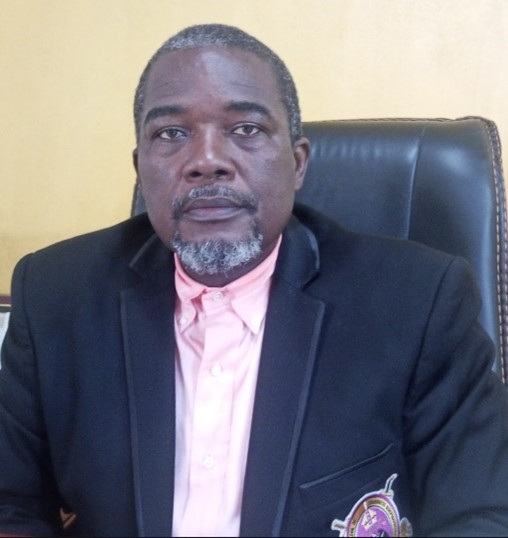Paragraph 1: The Genesis of the Dispute
The Liberia Council of Churches (LCC), a prominent religious body in Liberia, has found itself embroiled in a bitter internal conflict, threatening its unity and reputation. A dissenting faction, comprised of influential church leaders and organizations operating under the banner "Concerned Heads of Churches and Organizations of the Liberia Council of Churches," has accused the current LCC leadership, led by Rev. Dr. Samuel B. Reeves, of constitutional violations and autocratic practices. The core issue revolves around allegations that Rev. Reeves unilaterally amended the LCC constitution to extend his term, bypassing established protocols for consultation and consensus-building. This alleged power grab has sparked outrage among the dissenting group, who claim that Rev. Reeves’ actions undermine the democratic principles enshrined in the LCC’s founding documents.
Paragraph 2: Failed Attempts at Reconciliation
The seeds of discord were sown in 2024 when Rev. Reeves allegedly initiated the process to amend the constitution. The dissenting group asserts that they engaged in numerous behind-the-scenes efforts over the past eleven months to address their concerns and seek a peaceful resolution. They claim to have reached out to Rev. Reeves and his leadership team repeatedly, urging dialogue and a reconsideration of the controversial constitutional amendment. However, their pleas for reconciliation seemingly fell on deaf ears, as Rev. Reeves and his associates allegedly rebuffed all attempts at communication and mediation. The breakdown in communication exacerbated the tension and paved the way for a more confrontational approach.
Paragraph 3: The Threat of Legal Action
Frustrated by the perceived intransigence of the LCC leadership, the dissenting group announced their intention to pursue legal action against Rev. Reeves and his associates. At a press conference held on May 28, 2025, Bishop Torgbor E. Dixon, Chairperson of the dissenting group, formally declared a vote of no confidence in the LCC leadership. He emphasized that their decision to resort to legal channels was not taken lightly, particularly given their roles as religious leaders. However, they believe that legal intervention is the only remaining recourse to rectify the alleged constitutional breaches and restore the LCC to its foundational principles. They maintain that their primary objective is not to disrupt the ongoing 35th General Assembly, but to ensure the integrity and legitimacy of the LCC’s governance.
Paragraph 4: Conflicting Narratives and Accusations
The LCC leadership, however, presents a contrasting narrative. They maintain that all their actions, including the constitutional amendments and the convening of the 35th General Assembly, are fully compliant with the revised constitution adopted in 2023 and ratified by the General Assembly. They claim to enjoy the unwavering support of the Executive Council and chapters across all 15 counties of Liberia. Furthermore, they accuse the dissenting group of misrepresenting the facts and engaging in a politically motivated campaign to destabilize the LCC. This stark divergence in perspectives underscores the deep chasm that has emerged within the organization.
Paragraph 5: Accusations of Marginalization and Disrespect
Beyond the constitutional dispute, the dissenting group also levels accusations of marginalization and disrespect against the LCC leadership. Bishop Dixon contends that Rev. Reeves and his associates have silenced dissenting voices and adopted a political style of leadership, which has rendered the LCC ineffective in addressing critical national issues. He argues that the LCC’s silence on matters of national importance undermines its credibility and relevance. The dissenting group also criticizes the organization of the 35th General Assembly, alleging that it violates the very constitution that brought Rev. Reeves to power. They claim the assembly was convened without proper authorization and that the drafting and adoption of a new constitution were rushed to favor certain leaders, with predetermined election outcomes.
Paragraph 6: The Impasse and the Path Forward
The LCC now finds itself at a critical juncture. The dissenting group’s threat of legal action looms large, potentially plunging the organization into a protracted legal battle. In a formal communication to Rev. Reeves, the dissenting group urged him to halt the planned convention and elections, warning that proceeding would compel them to seek legal redress. The future of the LCC hinges on whether the two factions can find common ground and engage in constructive dialogue. Failure to resolve the impasse could fracture the organization, undermining its ability to fulfill its mission and serve the people of Liberia. The looming legal battle threatens not only the unity of the LCC, but also its credibility and influence as a moral compass for the nation. The outcome of this conflict will undoubtedly have far-reaching implications for the religious landscape of Liberia.














